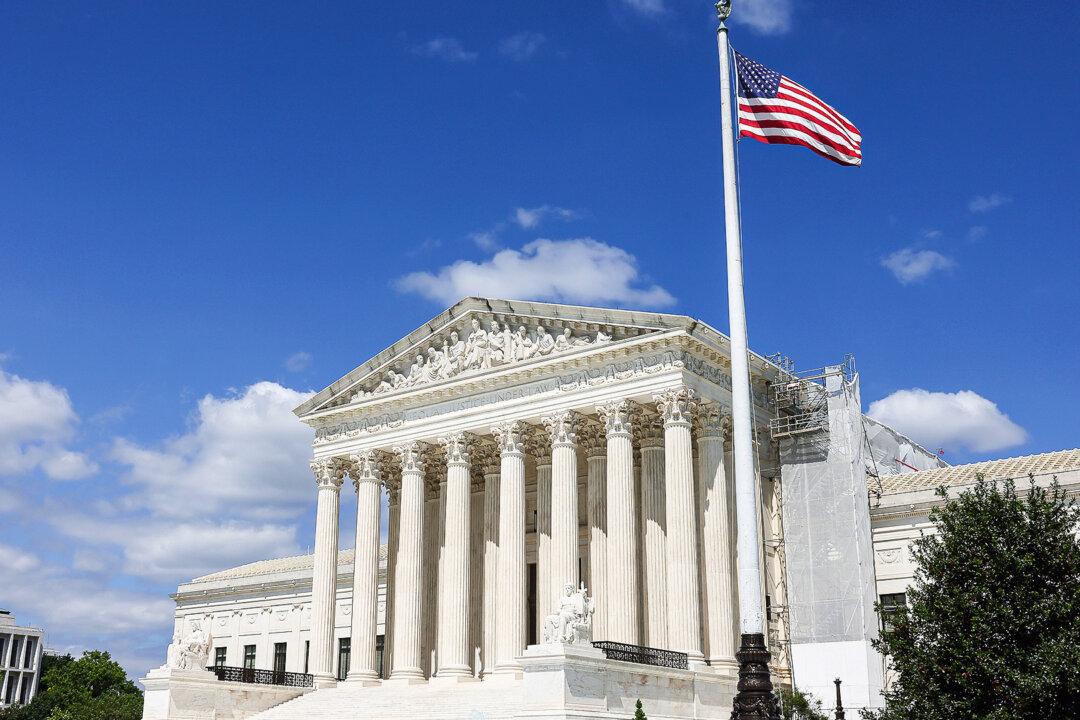President-elect Donald Trump has already dramatically reshaped the Supreme Court. Depending on circumstances, he could reshape it for decades to come during his second term in office.
During his first term, Trump appointed three justices, the most for any executive since President Ronald Reagan. They include Justices Neil Gorsuch, Brett Kavanaugh, and Amy Coney Barrett.





